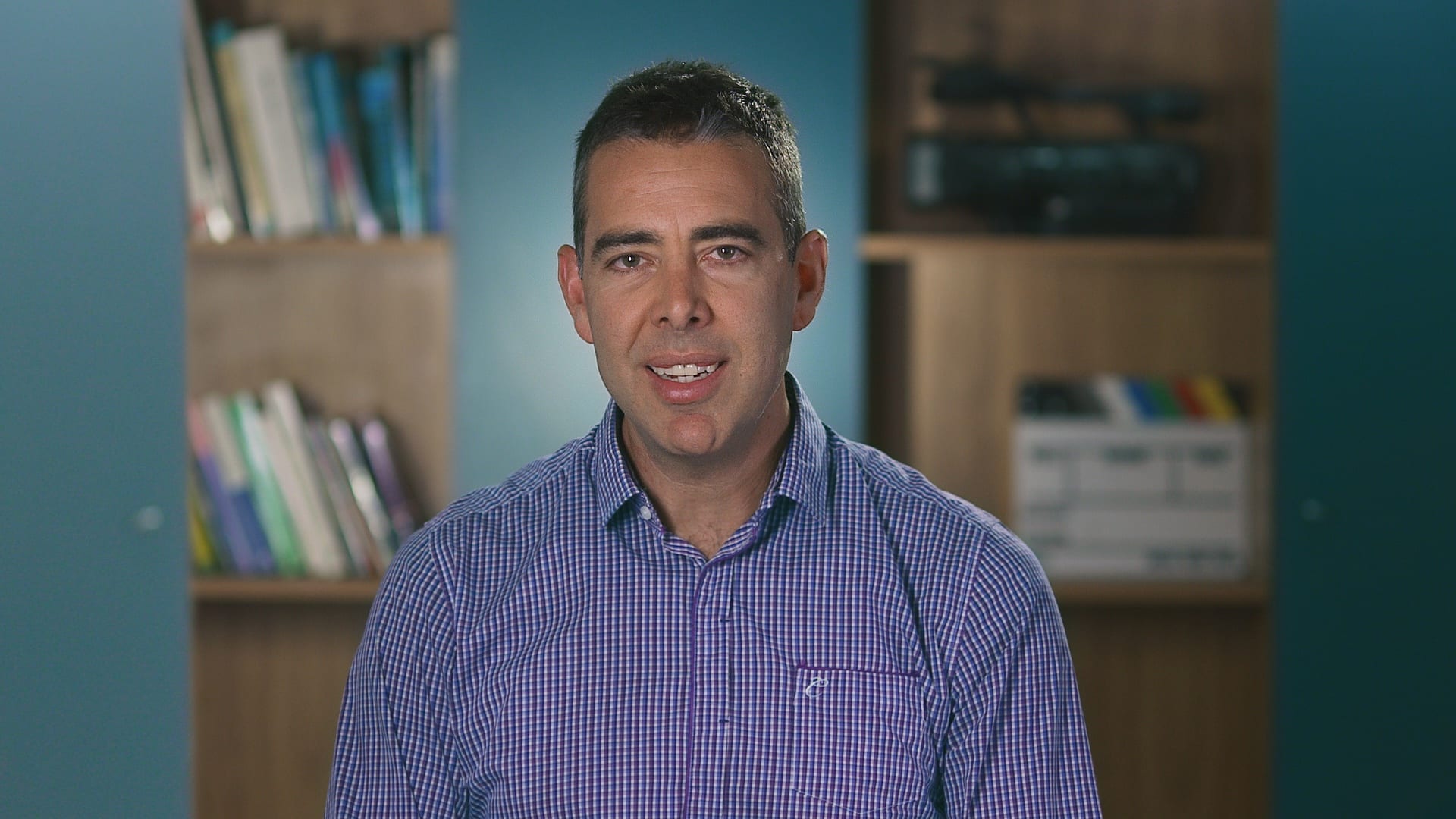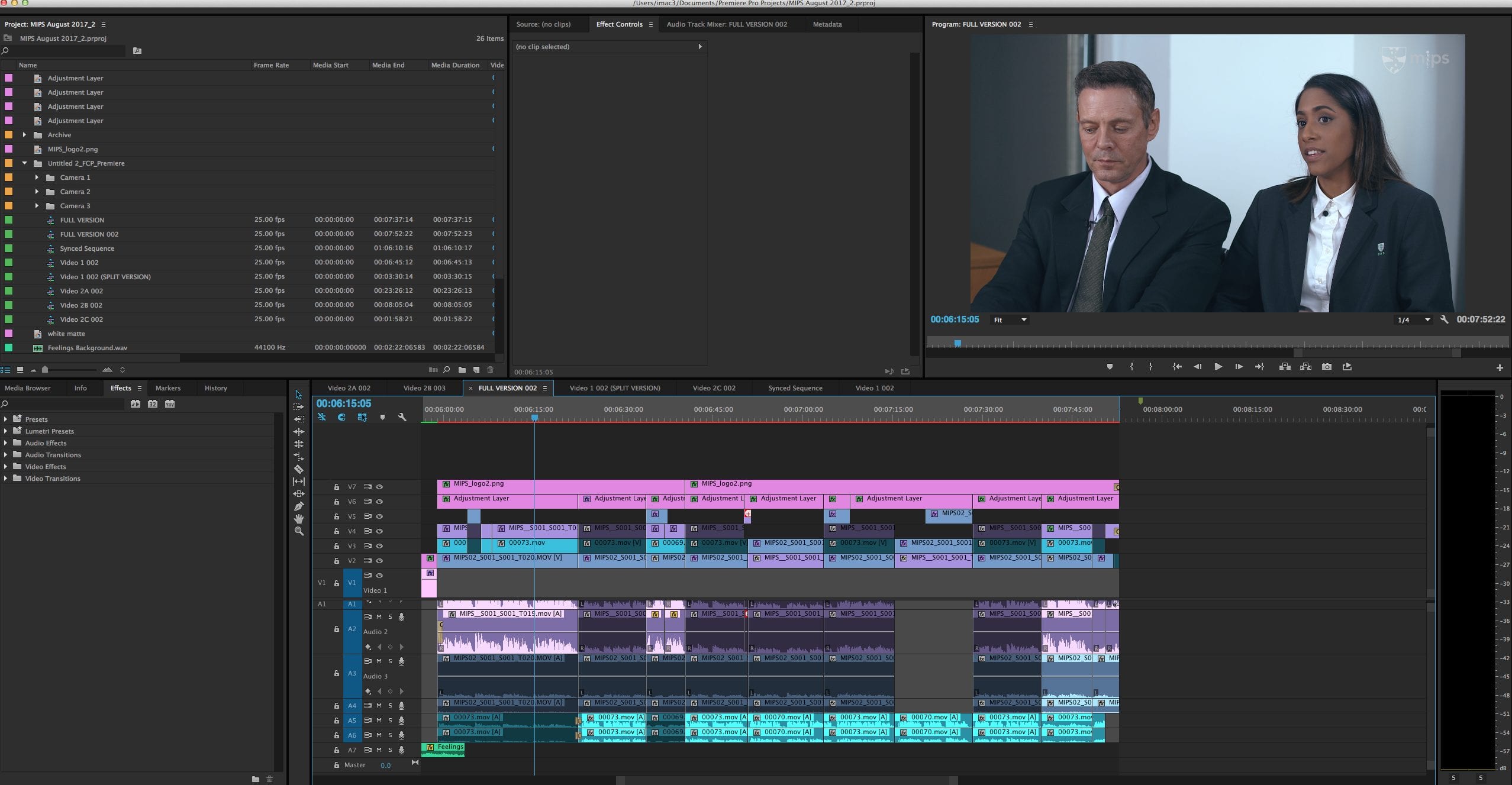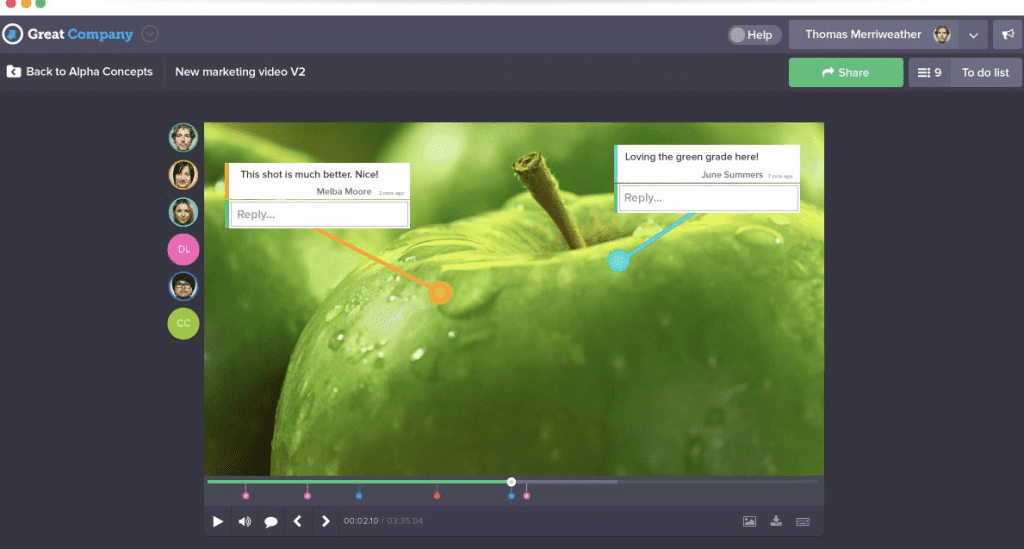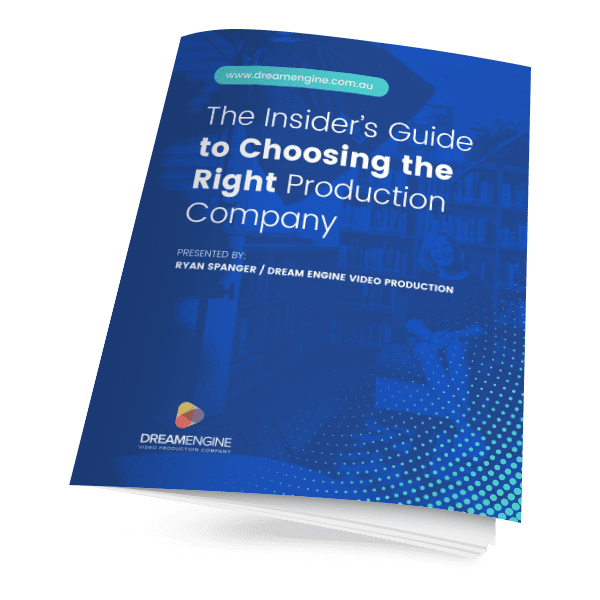Set some editing deadlines
When we are editing your video, we will give our clients expectations on when they will receive each draft so that you will always be in the know and you aren’t left in the dark about what’s happening with our progress. When videos are created without deadlines, progress can move along at a snail’s pace. Even if the deadlines are completely arbitrary, they will at least give you some structure and guidelines to keep the production machine rolling. You should also set out the number of revisions permitted in the budget. A good starting place is three drafts. First, a rough first cut to get a good idea of the content and shape of the story. A second draft will be used to remove or add anything missing, adding some more structure and titles to the video. And a third draft to add final polish to the video, animations, sound mixing and a full colour grade.
That’s why it’s important to give clear and concise feedback. When the process drags out with small adjustments after small adjustments, the overall product gets diluted and loses its impact. It’s also wise to give your feedback promptly when you receive each draft, as this will make your editors happy, and you will end up with your finished video much faster.

Collect Your Feedback
You would have heard the old adage, “too many cooks spoil the broth.”
Well, the same applies to video editing. Many of our clients deal directly with a media liaison or whoever is in charge of the digital side of things, so they are our first port of call when it comes to answering questions about the project. But if there are 6 people all involved, and putting their two cents in, the vision for the project can get muddied and difficult to track. If one person submits their feedback for editing, and another stakeholder submits some conflicting feedback, it can leave the project on hold until the situation is clarified. The best option to avoid this is to have all key stakeholders present their feedback to a designated person, who collates it and presents it all at once. This can prevent people from giving their feedback for an earlier draft and giving conflicting feedback. Using tools like Wipster, this process can be streamlined by allowing a certain number of users to write their feedback at the correct timecode in the video, making it easier for the editor to go through one by one and make the requested changes.
Be Specific
This can be one of the more difficult suggestions to stick to, as sometimes there’s something about the video you’d like to change, but you can’t quite put it into words, maybe the video isn’t quite clicking with you for some reason. And that’s ok, but unfortunately, we aren’t mind readers, so vague requests like “more energy,” or “more emotion” can be a good starting point, but don’t provide much for us to go on with. Instead of asking for more energy, try to be more specific, like “more upbeat music,” or “faster cuts of the opening shots at the 5-second mark.” If there is still something that you can’t quite put into words, it can often be helpful to show us a link to something similar to the effect that you want your video to have. If you’ve seen a fantastic video that you would like to emulate the feel of, that’s often all we need to more clearly understand your vision.
Put on the Finishing Touches in Person
If you’ve gone through a few drafts of the video and it’s close to being signed off, we will often invite the client to come into our editing suite to put the final polish on the video and tie up any loose ends. This can be particularly helpful as there are some things that can’t easily be described via email, but can be easily communicated in person. As part of our video production guarantee, we like to make sure that you are 100% happy with your video, and this final step of signing off the video in person means that we can make sure that you’ve got a video you are completely happy with.
If you are looking to create a video for your business, get in touch with Dream Engine today.

Ryan Spanger is one of Melbourne’s most respected and sought-after video production professionals. Ryan founded Dream Engine in 2002, and specialises in helping medium to large corporates, government departments, and the non-profit sector to connect with their audience more effectively by using video.


